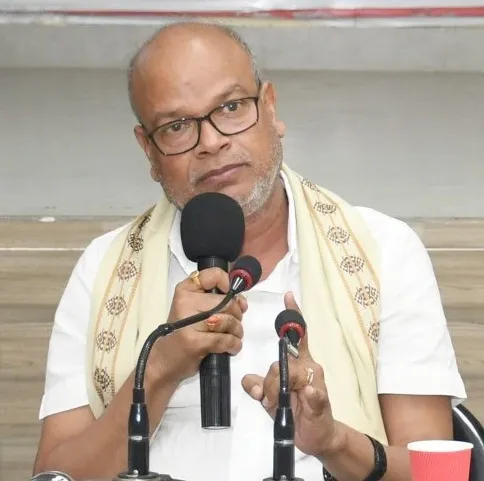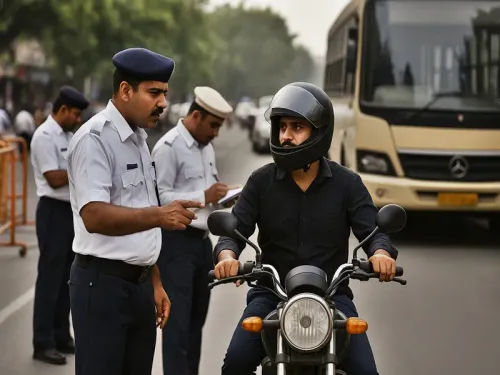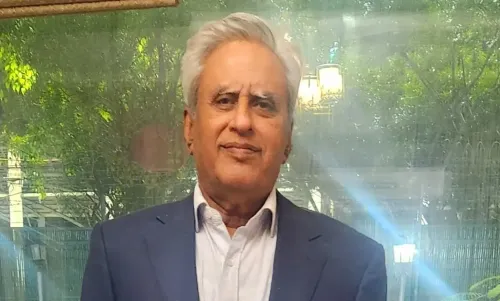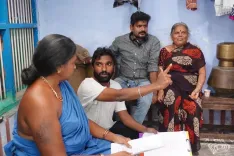Is the ECI Conspiring to Disenfranchise Voters in Bihar?

Synopsis
Key Takeaways
- Rajesh Kumar criticizes the Election Commission for alleged voter list irregularities.
- The Congress party plans to meet with the Chief Electoral Officer of Bihar.
- There are concerns about potential disenfranchisement of voters.
- Upcoming elections are set for October-November 2025.
- Focus on protecting democracy is paramount.
Patna, July 4 (NationPress) Bihar Congress President Rajesh Kumar has made a scathing critique of the Election Commission of India (ECI), suggesting that it is undermining democratic principles in the state. “The way the Election Commission is operating in Bihar is contrary to democracy, and the Congress will not accept this under any circumstances,” Kumar stated on Friday.
The Congress leader voiced alarm over alleged widespread irregularities in the voter registration process, warning that “millions of voters' names could be wiped from the rolls.”
“We have requested an audience with the Chief Electoral Officer of Bihar. A Congress team will meet him to address these discrepancies,” Kumar added.
These comments arise during the Special Intensive Voter List Revision Program 2025, which is currently taking place in Bihar as the elections approach. This program has already drawn criticism from opposition factions regarding its timing and implementation.
When questioned about VIP party leader Mukesh Sahani’s request for 60 seats within the Grand Alliance (Mahagathbandhan), Kumar replied cautiously, saying: “If such issues come up, we will convene and decide collectively. Presently, our focus is on addressing the Election Commission's actions.”
In the same vein, regarding AIMIM’s outreach to RJD chief Lalu Prasad Yadav to join the Mahagathbandhan, Kumar stressed: “Now is not the time for such conversations. The priority is addressing the operations of the Election Commission.”
In a pointed remark, Kumar asserted: “The Election Commission is not infallible. The way it is operating in Bihar could result in the expunging of millions of voter names. We will not allow this to transpire.”
“First and foremost, we must safeguard democracy. Discussions regarding seats and alliances can occur later,” Kumar concluded.
With elections slated for October-November 2025, the Congress and various opposition parties have accused the voter list revision initiative of potentially disenfranchising significant segments of the population, particularly among rural and marginalized groups.










